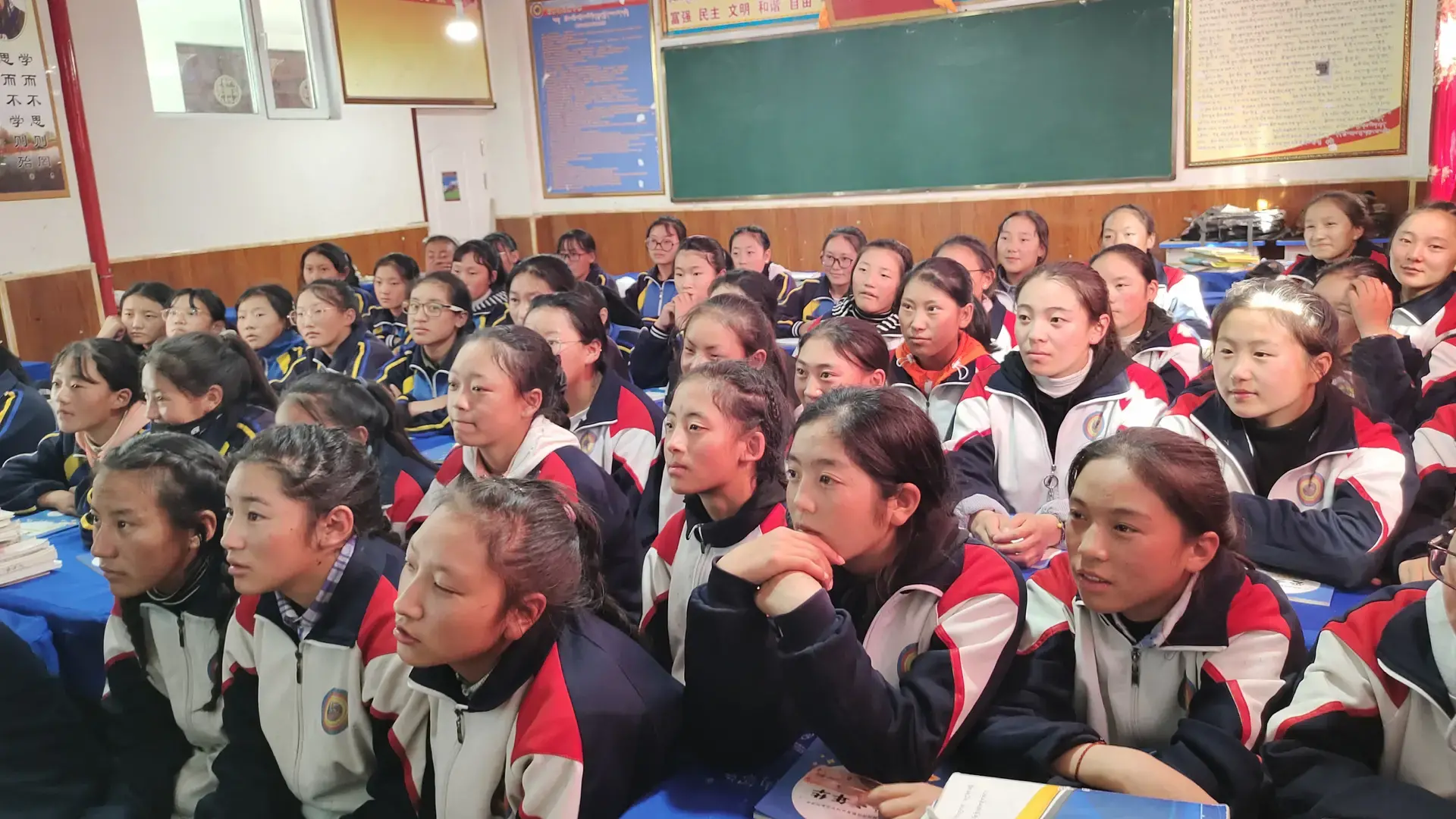Livestreamed lessons on life & love
“The bigger question is: how to make the transition from childhood to adulthood”
UNFPA China’s pilot project on comprehensive sexuality education delivered an 8-session livestreamed course that followed international guidelines and helped teachers and schools with the support they needed. The first phase delivered the online course in 5 middle schools in Qinghai, Sichuan and Yunnan provinces. Xinzhi Hu and Xiaohong Shi were part of the team of experienced educators who presented the innovative course.
“When I was growing up, I was never taught about sexuality,” says Xinzhi Hu, “so, when I became a teacher, I didn’t want my students to grow up like that.” She has been a biology teacher since 2012.
One year, Xinzhi taught her class a unit on reproduction and sexuality – some students liked it, some didn’t feel strongly either way and some found the topics shameful to discuss. “A year later, I got an anonymous call from a boy who was very nervous,” she recalls. “I realized he must have been a former student. He said he had just masturbated and asked if it was harmful. He was afraid of what might happen.” Evidently, he also had no one else to talk to.
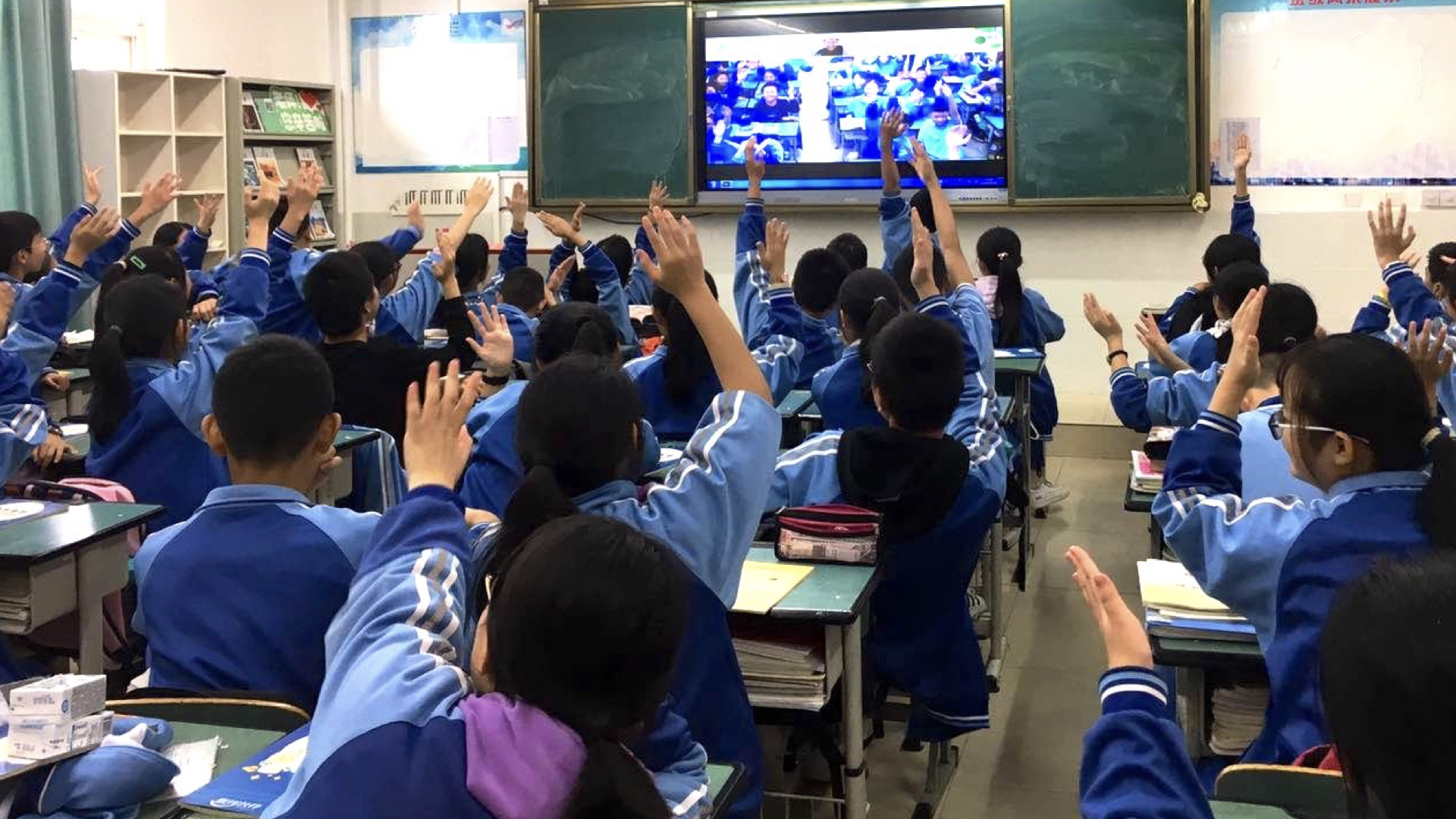
“That was the moment I realized that teaching children about sexuality was important,” she says. She knew that other children had similar questions and believed that they should be discussed openly in school, not just whispered about anonymously to a former teacher over the phone.
When UNFPA asked for teachers to join its pilot project on comprehensive sexuality education (CSE), she jumped at the chance. “I’m now the focal point in my school for the CSE course, so I coordinate the teachers, test the equipment and make sure everything runs smoothly.”
"One girl wanted to talk more about how to say no to a boy who liked her but whom she didn’t like.”
-Xinzhi Hu
Students learned that Xinzhi is non-judgmental, and they asked her questions after the CSE sessions. “After the session on love and marriage, one girl wanted to talk more about how to say no to a boy who liked her but whom she didn’t like,” Xinzhi remembers. “That’s something a lot of girls want to know.” Other students want to know more about contraception, health, homosexuality and other topics.
In other words, the course has started conversations where before there was silence. It addresses the small questions that children have, as well as the larger concerns behind those questions. “The bigger question,” says Xinzhi, “is how to make the transition from childhood to adulthood, how to have a relationship and make healthy choices.”
“You learn something appropriate for your age about sexuality, and you are empowered.”
-Xinzhi Hu
Teachers like Xinzhi are passionate about education, and students dearly want to learn. The CSE course connects the two. With more participation and more active roles for teachers, Xinzhi can envisage the project growing. “I want to see sexuality education in every school in every corner of China,” she says. “You learn something appropriate for your age about sexuality, and you are empowered.”
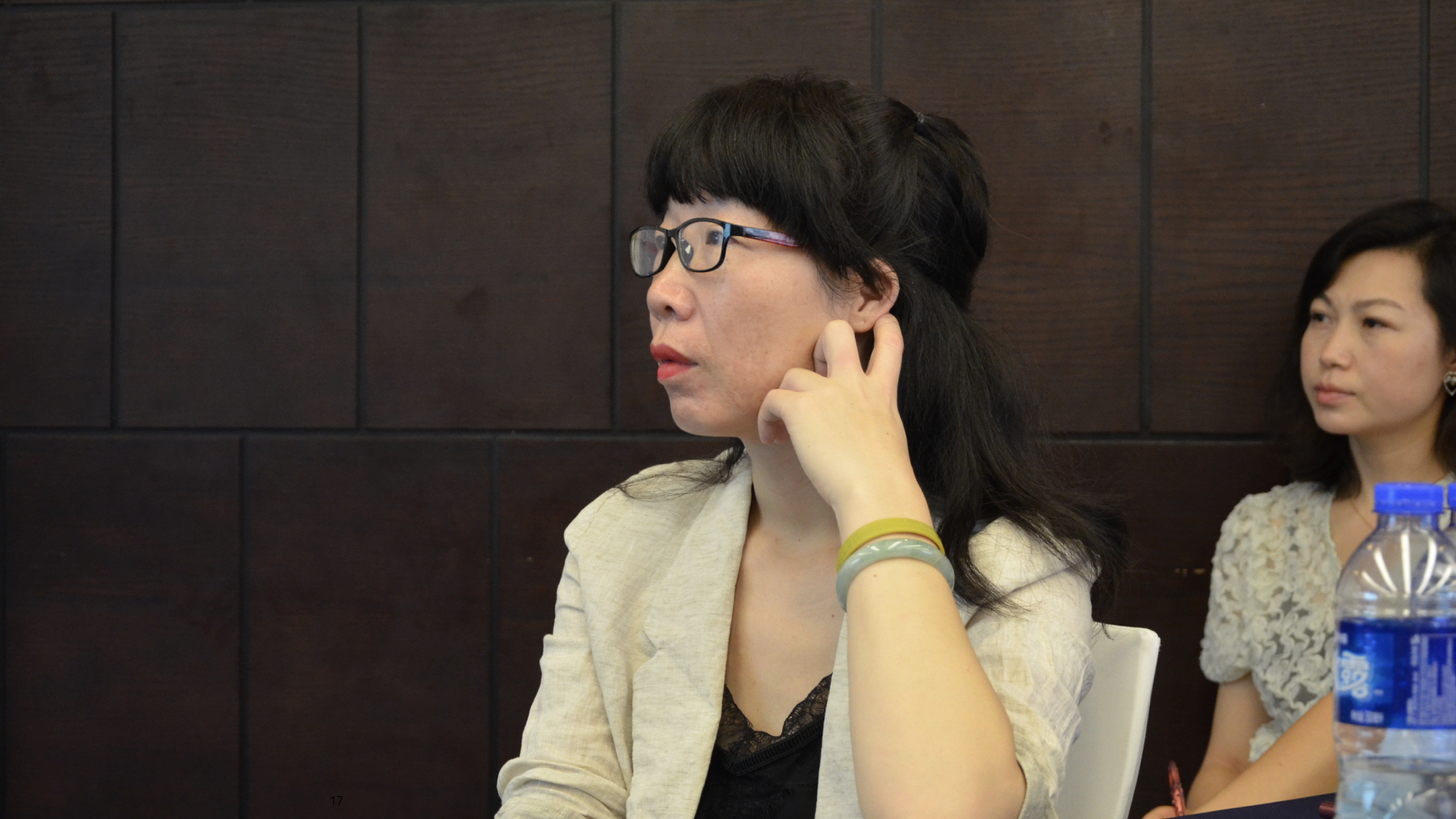
“In China, sexuality is considered a shameful or dirty topic,” says Xiaohong Shi. “Puberty, menstruation, sexuality – people won’t talk about it. But they want to learn. In their hearts, all of them are very curious.”
Xiaohong should know. She’s got plenty of experience. In partnership with Marie Stopes International China, she has taught sexuality education to more than 5,000 students and adolescents. She’s been a certified mental health counsellor, social worker and supervisor in Qinghai province since 2015. Most recently, she was a tutor, or instructor, on UNFPA’s pilot project on CSE.
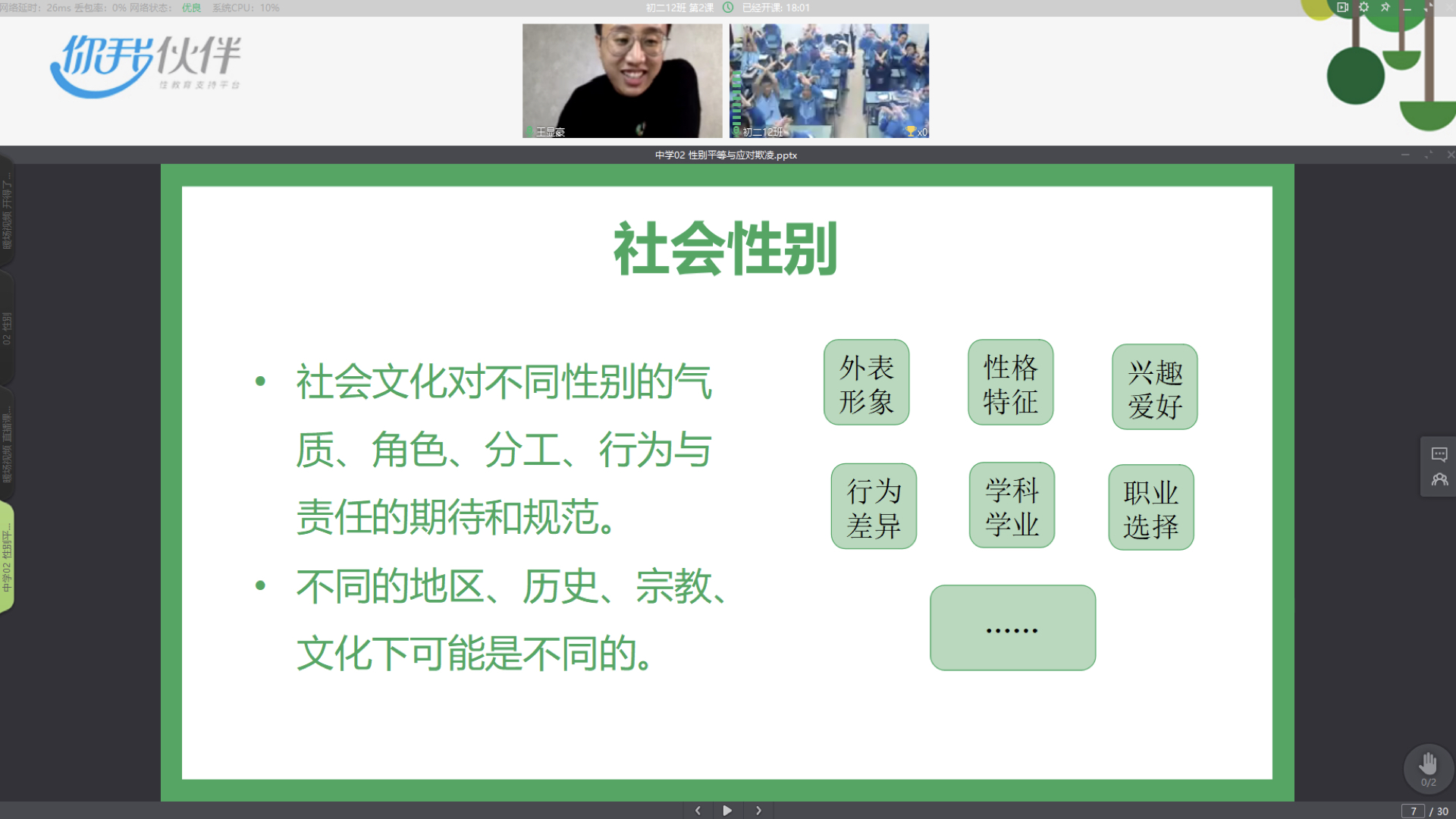
Good course content is vital, says Xiaohong, but so is a good teaching method. “My style is easy-going and relaxed, because I want students to feel comfortable. I talk about my son, aged 19, and how he wanted to learn. I make jokes and tell funny stories. I want kids to know this is just part of life.”
Students’ most common questions, she has found, are about puberty: they want to know about the physical and sexual changes they’ll undergo in the years to come. They ask about love and marriage, too: “Can I have a boyfriend or girlfriend?”, “Will my parents allow it?, “How can I manage a relationship?” They’re also curious about how people have sex, how the sperm enters the egg, and homosexuality and heterosexuality.
“Puberty, menstruation, sexuality – people won’t talk about it. But they want to learn. In their hearts, all of them are very curious.”
-Xiaohong Shi
According to Xiaohong “Livestreaming courses mean that more people can get access to sexuality education. Students learn from a teacher outside their own village. Offline education is effective in its own way, too. We need both.” Xiaohong wants to see an expansion of the project: “For the project to grow, it needs more investment, more people to take part, and more support for tutors.” The most important point, she says, is the simplest: “It works.”
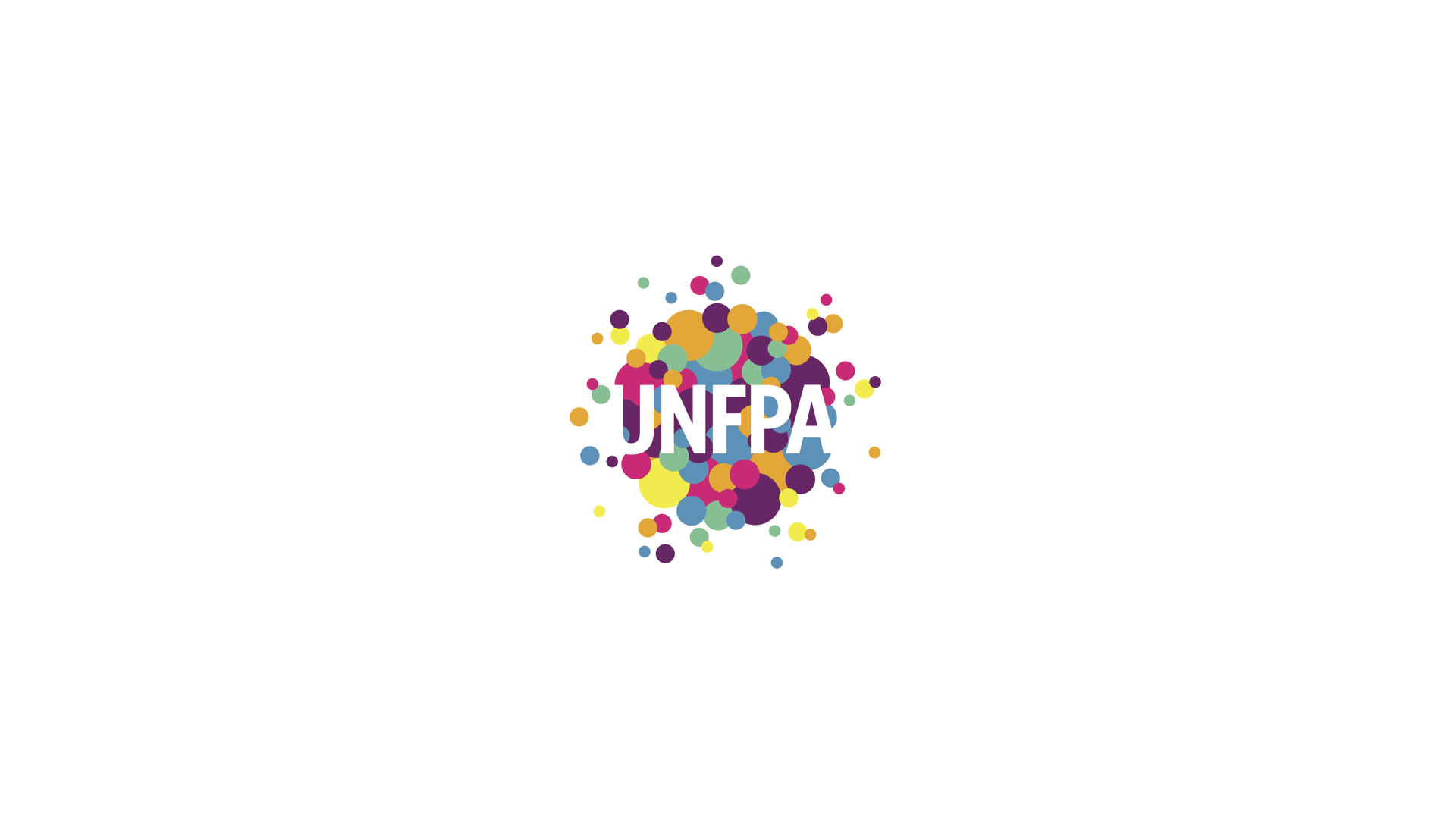
This initative was supported with a grant from the UNFPA Innovation Fund.

